Process Of Criminal Trial By Magistrate Or Sessions Court
Overview
In a criminal trial, the judge assesses evidence to determine the guilt or innocence of the accused. Under the Bharatiya Nagarik Suraksha Sanhita (BNSS), the procedural framework for trials before a Sessions Court is outlined. When a District Court hears criminal cases under BNSS, it functions as a Sessions Court. Based on the nature and gravity of the offense, cases are categorized into summons cases and warrant cases. This article explores the types of trials conducted before Sessions Courts and Magistrates’ Courts, along with the updated procedural framework under BNSS.
Types of Trials
- Sessions Trial under BNSS
- Warrant Case Trial by Magistrates under BNSS
- Summons Case Trial by Magistrates under BNSS
- Summary Trial under BNSS
Procedure for Trial Before the Sessions Court (Sections 175-187, BNSS)
- Opening Case for Prosecution:
The Public Prosecutor presents charges and supporting evidence.
- Discharge:
If no sufficient grounds exist, the judge discharges the accused after examining the evidence.
- Framing of Charges:
If sufficient grounds exist, the judge frames charges. If the offense falls outside the court’s jurisdiction, it is transferred to the appropriate authority.
- Explaining the Charges:
Charges are read to the accused, who may plead guilty or contest them.
- Conviction on Plea of Guilty:
If the accused pleads guilty, the court may convict accordingly.
- Evidence for Prosecution:
Evidence is recorded in the presence or absence of the accused.
- Examination of Witnesses:
Witnesses are examined and cross-examined.
- Recording Evidence:
The judge records the evidence of each witness.
- Judgment:
If the prosecution proves the case, the accused is convicted; otherwise, they are acquitted.
Procedure for Trial of Warrant Cases by Magistrates (Sections 188-200, BNSS)
Warrant cases can be instituted by a police report or a private complaint. The procedure includes:
- Providing Copies of Police Reports:
The accused receives copies of the police report and other documents.
- Discharge of Accused:
If no sufficient grounds exist, the Magistrate discharges the accused after a hearing.
- Framing of Charges:
If sufficient grounds exist, charges are framed against the accused.
- Private Complaint Cases:
The prosecution must present sufficient evidence to summon witnesses or produce documents.
- Acquittal or Conviction:
If the Magistrate finds no sufficient grounds to proceed, the accused is discharged; otherwise, the trial proceeds.
How an Advocate Can Assist You:
- Confidentiality:
All personal details and documents remain private.
- Expert Guidance:
Experienced lawyers provide the best legal advice and representation.
- Hassle-Free Process:
Legal paperwork and court proceedings are handled efficiently.
- Top Legal Representation:
Advocates are selected based on expertise, experience, and client ratings.

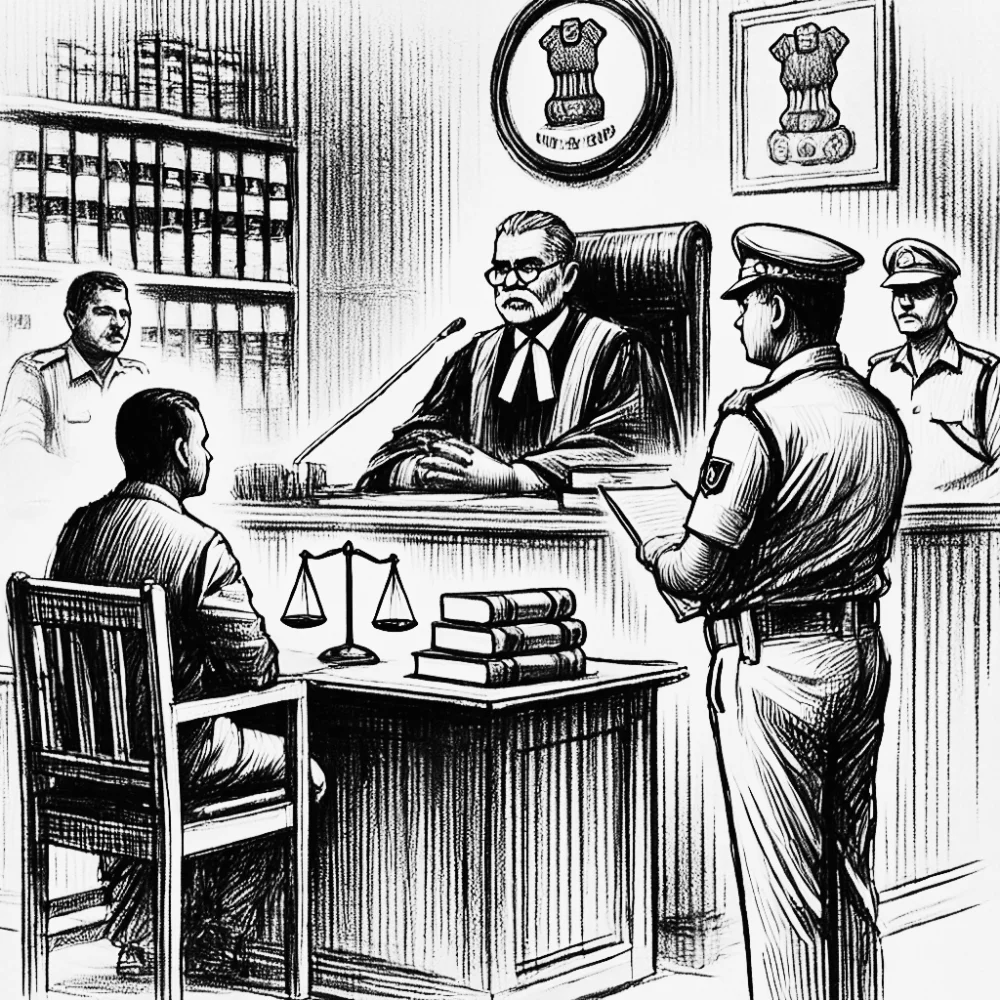
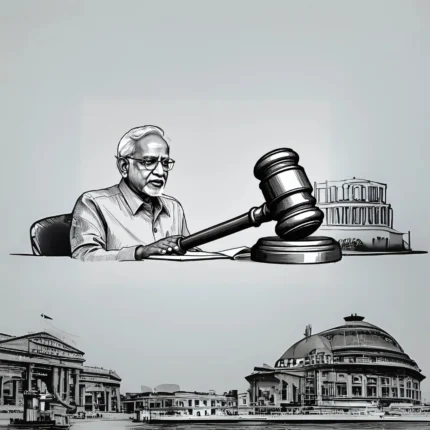
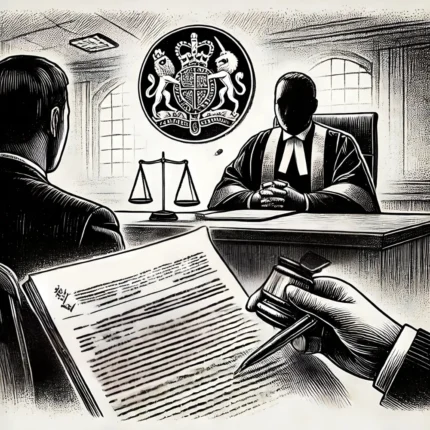



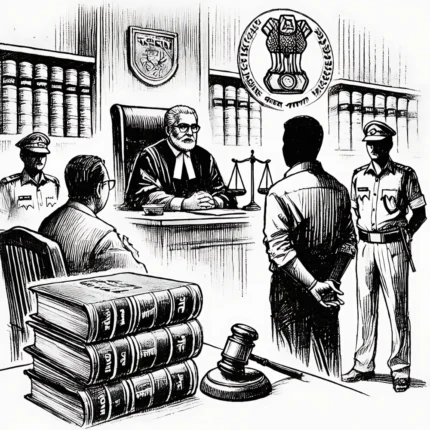
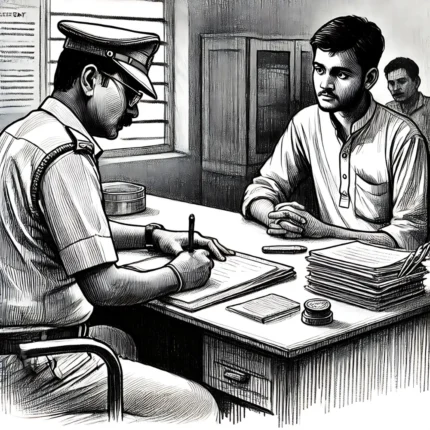
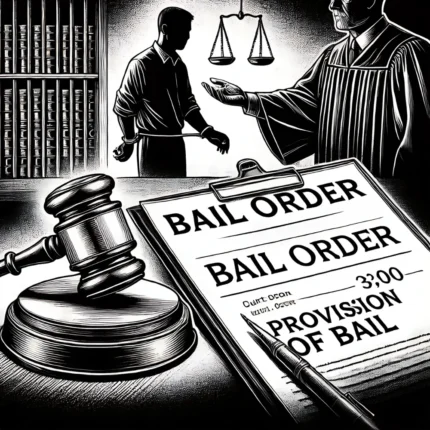
Reviews
There are no reviews yet.